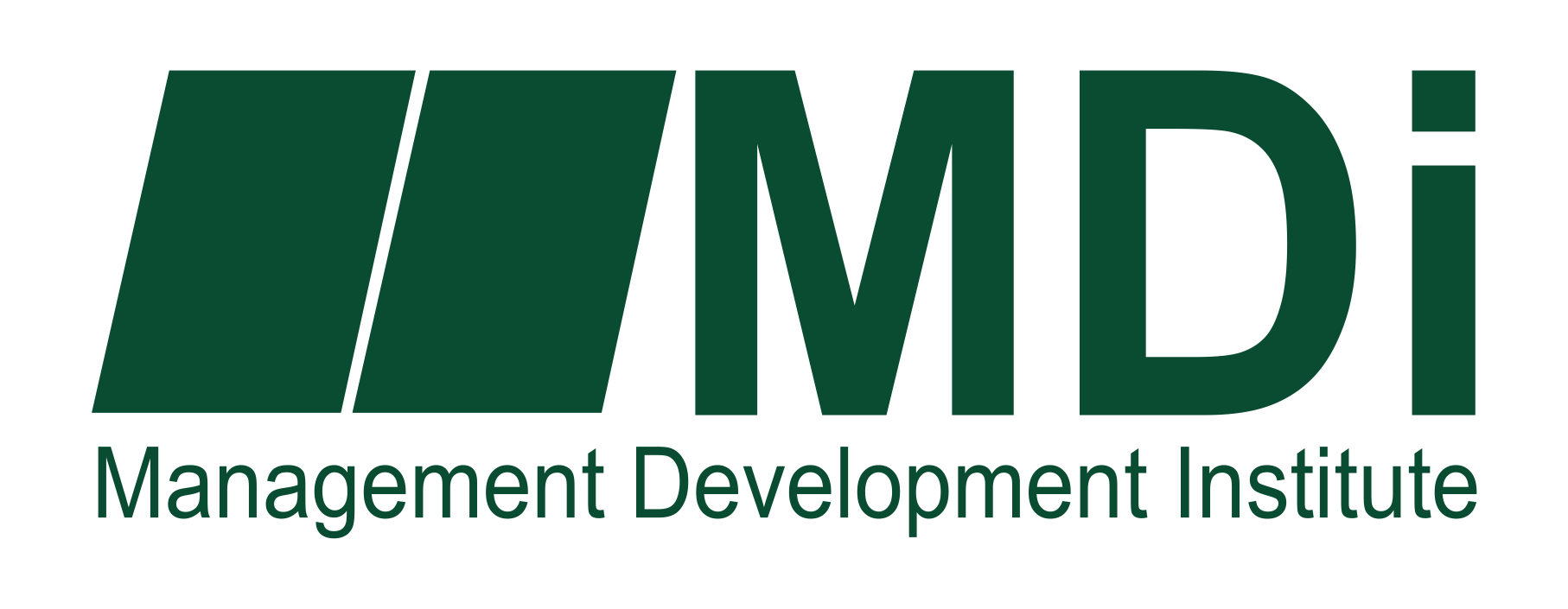Projects have been part of the human scene since civilization started, yet the practice of project management is quite recent. The concepts and tools required to plan, organize, implement, and evaluate a project are equally applicable to such diverse ventures as launching of a space shuttle, managing the production of a software application, developing curriculum in primary education, or organizing a trekking trip to the K-2 base camp. The purpose of this 2-day course is to expose participants to the real-life issues in project management, and equip them with necessary tools to resolve these issues.
In addition to coverage of quantitative and technical tools, the course also focuses on the issues of project leadership and human resource management.




